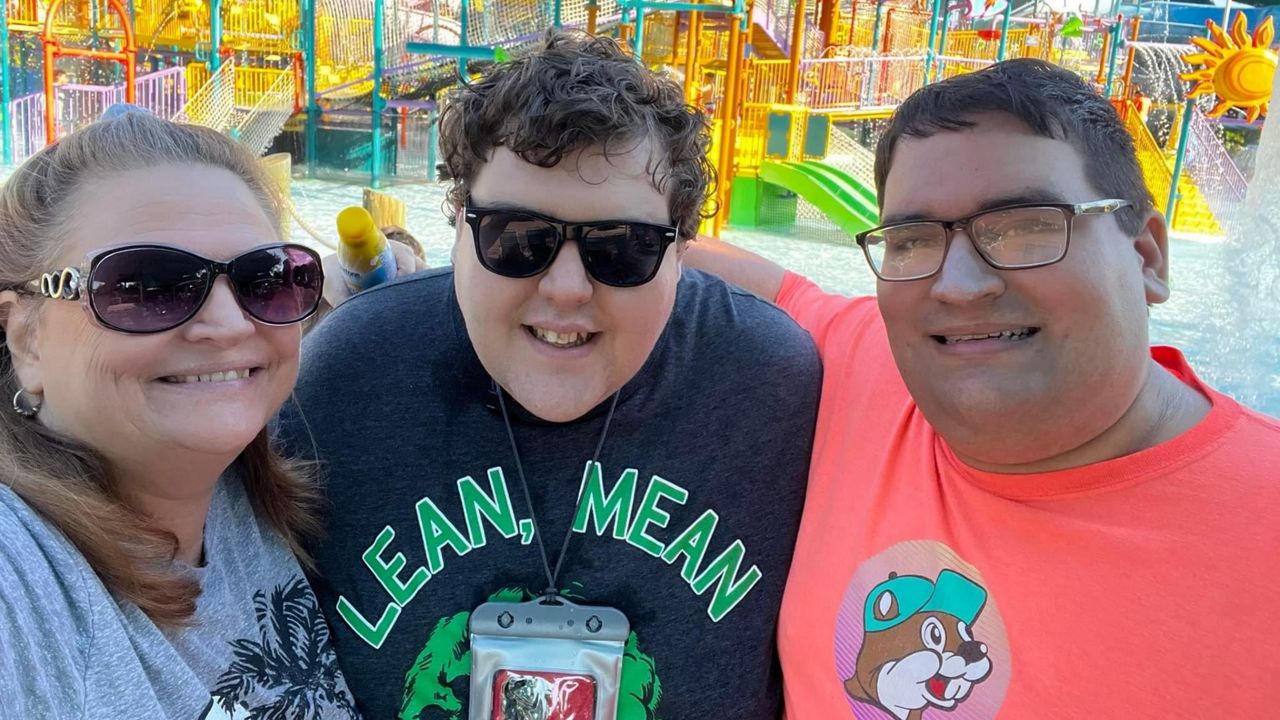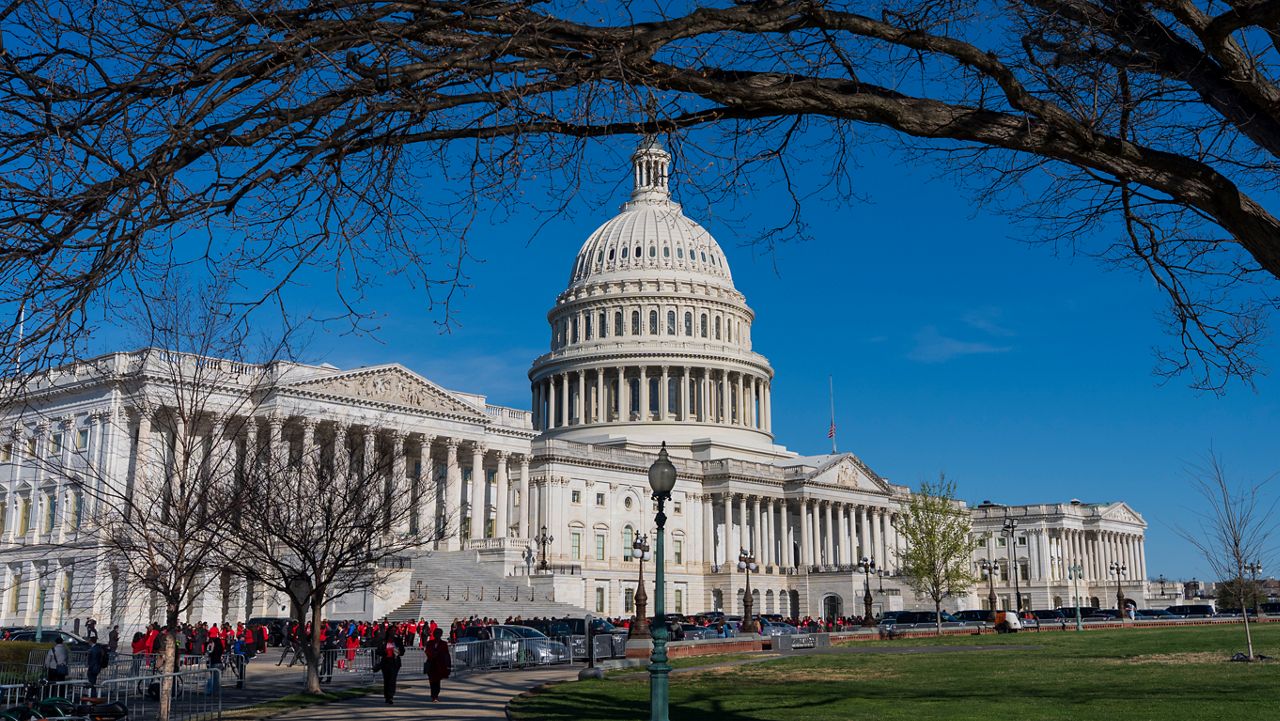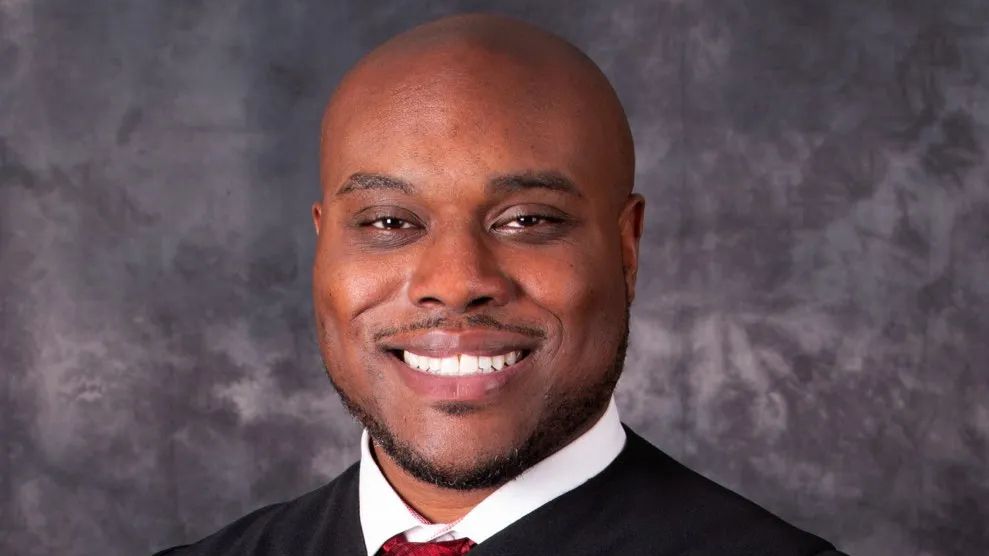DAYTONA BEACH, Fla. — The Protect Our Loved Ones Act is already bringing about a positive change in the way communities address the needs of individuals with developmental disabilities.
This transformative law authorizes local law enforcement agencies to establish and maintain a comprehensive database containing crucial information about persons with conditions such as autism, Alzheimer’s disease and Down syndrome.
The law, which took effect at the beginning of this year, is already proving to be a valuable resource for families and law enforcement alike.
One story comes from Lora Brewer, a teacher at Monarch Academy, a school catering to students with Autism Spectrum Disorder (ASD) from first to 12th grade.
Brewer is not only a dedicated teacher, but a parent of two sons, ages 23 and 24, who are both diagnosed with autism. She understands the unique challenges faced by families with individuals on the autism spectrum.
“We had been through two or three elementary schools, it was obvious that we needed to open something up so we could tailor the program for a number of students in the area that needed something different than the public school system,” said Brewer.
The Monarch Academy in Daytona Beach, originally founded to address the specific needs of students with autism, has grown significantly over the years. Brewer’s personal connection to autism extends beyond the classroom as her two sons depend on her constant support. The recent incident involving her son AJ, who went missing on New Year’s Eve, underscores the life parents face with children with developmental disabilities.
Brewer’s quick action and collaboration with law enforcement were pivotal in locating AJ safely. However, she acknowledges the difficulty law enforcement faces when dealing with individuals on the autism spectrum, as the characteristics of ASD are not always evident.
Brewer said it’s important for officers to understand what autism is.

“Get the officers to understand what autism looks like. Autism is one of those disabilities that’s not always in your face,” she said.
This is where the Protect Our Loved Ones Act comes into play.
The new law enables parents like Brewer to register critical details about their loved ones in a database accessible to law enforcement agencies. This registry serves as a tool for officers to better understand and interact with individuals with disabilities, ensuring a safer and more informed approach.
“Autism is a spectrum. I deal with high functioning kids with autism all day. There are lower-level kids with autism, there are aggressive kids, there are violent kids, kids that will run from you — so there’s all different levels. And if it can help them to have a better idea of the situation they’re walking into, it can keep everyone safer,” said Brewer.
The decision to create a database is at the discretion of each law enforcement agency. The Protect Our Loved Ones Act stands as a testament to the ongoing efforts to create a more inclusive and supportive environment for families and individuals within the developmental disability community.
As for AJ, he was located safely after walking to a friend’s house nearby. Brewer’s dedication to her role as a parent of kids with autism is apparent, and she expresses gratitude for the new law that enhances the safety of individuals with developmental disabilities.









